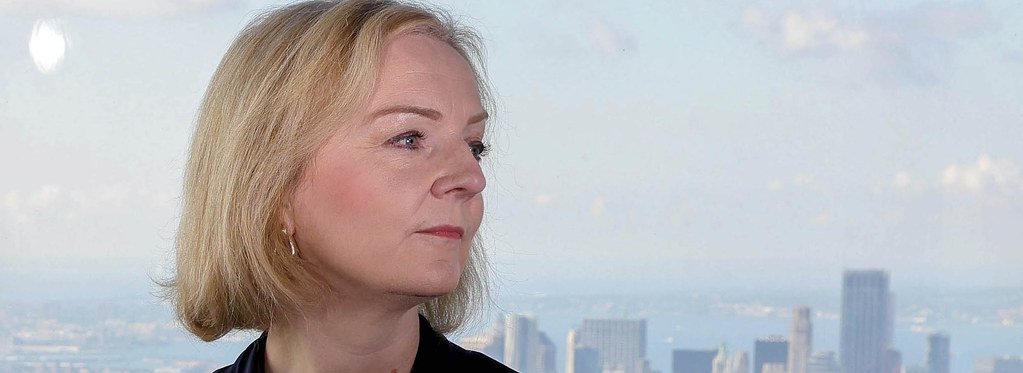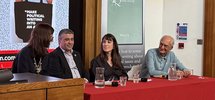| 4 mins read
You could argue Liz Truss gave a masterclass in economic education, by showing us what happens when you ignore economists, economic institutions and the markets. As a result of the failed Truss experiment, voters are now paying more attention than ever before to economic issues. But in one sense Truss set a positive example that other politicians should follow; she was more open and in depth than they usually are when it comes to explaining their economic policies to voters.
New research by a UCL based team gives us unique insights into how politicians think about economic policy. It reveals what politicians from five countries, when asked in private, really think about economists.
Truss may have been mocked for over-reliance on Sir Patrick Minford, but the majority of politicians in these interviews say their respect for economists has been declining since the 2008 financial crisis. Those on the centre left gravitate to Keynes, those further left to more radical economic thinkers like Kate Raworth. But more surprisingly, centre right politicians no longer think in terms of mainstream economists as a neutral body of ‘experts’ they can trust. Criticism of economists are striking; they are still too abstract and removed from real world conditions, not adaptable enough, leaving politicians to ‘shoulder responsibility’ in the midst of economic crises.
At the same time, politicians have been rattled by the rise of populism. They think their past attempts to absolve themselves from responsibility by blaming markets or arms length economic agencies alienated voters and helped fuel the populist backlash, as voters turned to simplistic messages from politicians like Donald Trump or focussed on the cultural.
The vast majority of politicians interviewed believe that they would undermine democracy if they ceded further control to ‘experts’. But this makes it even more imperative that they themselves channel economic expertise to a greater extent than in the past when they talk to voters.
Two barriers make it harder for politicians to talk about the economy compared with cultural issues. First, surveys show voters find it technical and switch off because they fear they will not understand. But politicians are skilled communicators. Some in this study do succeed, using food analogies or props like aluminium wrappers of chocolate bars to get across messages in favour of free trade. More could make more effort.
Second, and less commonly understood, politicians in private express attachment to what could be described as moral economic goals, whether to free markets on the right or social justice on the left. But, almost universally, they believe voters are very different to them, caring only about their narrow material well-being. This makes them feel more inhibited when it comes to talking to voters about economic policy.
Truss was unusual for her openness about her economic vision. The fact that her free market fundamentalism has caused us so much pain should not stop other politicians from being more open, whether it is Sunak admitting that his commitment to free markets is as strong as Truss’s or Starmer coming out for social justice. Given the severity of economic crises facing us, including the unprecedented political debate we are going to have to have on the economics of climate change, politicians from all parties will need to commit to open and in depth economic communication if they are going to have any chance of carrying voters with them.







